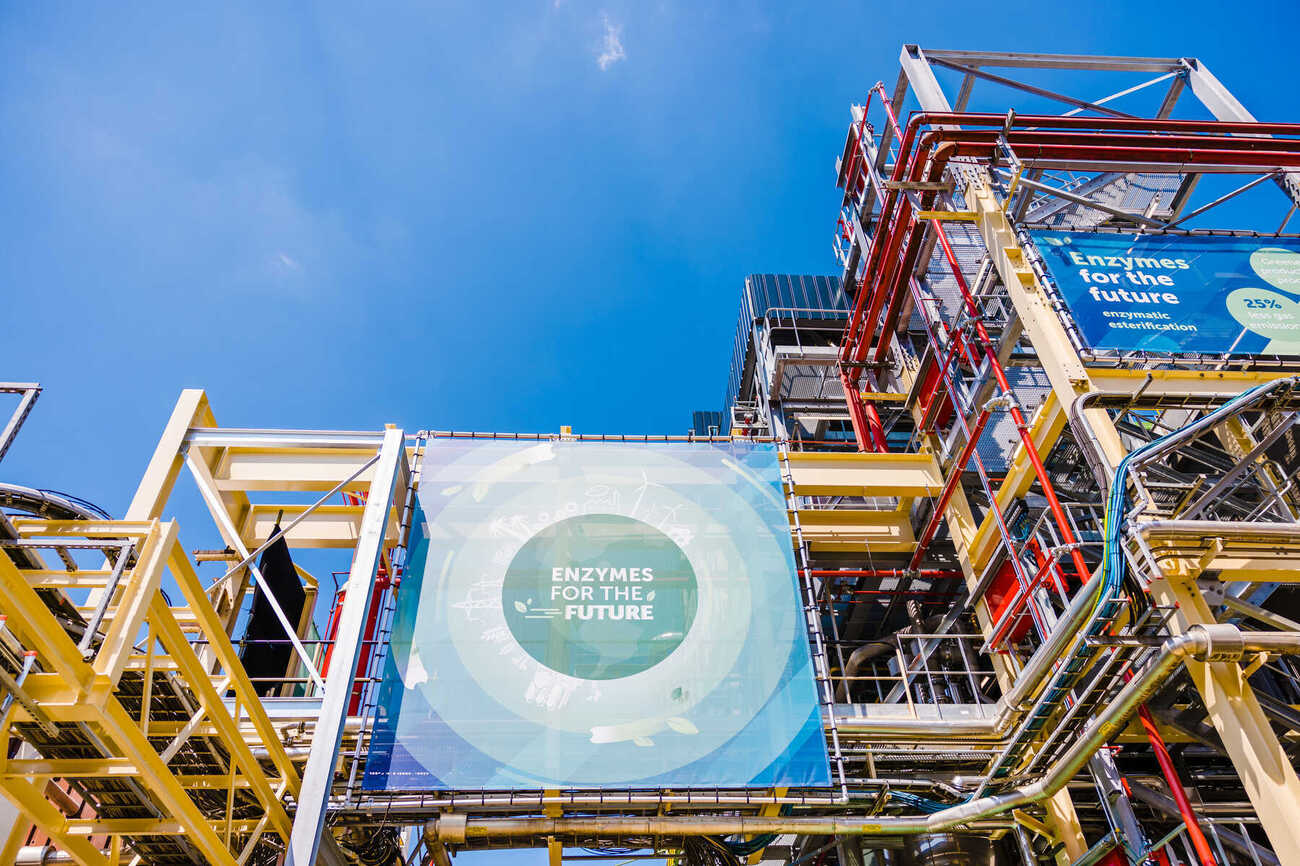Oleon, specialists in converting natural fats and oils into a wide range of products, including fatty acids, glycerine, esters, dimers, technical oils, and speciality oleochemicals, has reaffirmed its commitment to SPIRE Vision 2030 targets through partnership with the INCITE project, which sees the creation of a dedicated enzymatic esterification demo plant.
The SPIRE initiative aims to integrate, demonstrate and validate technologies that boost resource and energy efficiency. Through this approach, the program seeks to reduce fossil energy intensity by up to 30%, reduce non-renewable energy use by up to 20% and drive a 40% increase in CO2 equivalent efficiency.
To play its part in building a more sustainable chemical industry, Oleon is partnering with the INCITE project. INCITE, a European collaborative sustainability programme for the chemical sector, aims to affect change by developing novel upstream and downstream processing technology and making it available on an industrial level.
As part of its commitment to INCITE, Oleon is building an enzymatic esterification demo plant, which it is hoped, will assist in the future of low-carbon chemical manufacturing.
Pieter Van Der Weeën, R&D Manager Life Sciences at Oleon, explains the significance: “The chemical industry is making enormous forward leaps in sustainability, and there is fantastic momentum building. As an internationally operating business, we recognise that we have a responsibility to lead the way and act as an example of where the industry can go. The INCITE project is an ideal partner for us, focusing on flow chemistry and membrane technology.
“We believe that true collaboration is key, and we are not content to stand by when it comes to protecting the earth’s natural resources. As such, we are contributing to the INCITE project with the creation of a new demo plant for enzymatic esterification at our Oelegem, Belgium site. If we, as an industry, are to achieve the ambitious goals of SPIRE 2030, we need to be bigger and bolder in our investment and commitments – and that’s exactly what we are doing. When we’re looking at industry change of this magnitude, purposeful collaboration is absolutely key.”
The INCITE Project is running across a timespan of 52 months, bringing together 8 European businesses, research organizations and academic instructions with specialist knowledge of enzymatic chemistry, including Oleon.
In creating greater efficiency and smaller environmental impact, the program uses flow chemistry to demonstrate the advantages of chemo-enzymatic processes over traditional chemical synthesis.
Pieter added: “While we’re hard at work creating a more sustainable industry through developing enzymatic esterification at scale, it’s important to also acknowledge that this goes far beyond only benefiting the chemical sector. The results will be felt further afield in many industries that rely on a low-carbon chemical supply chain, such as personal care, life sciences and even food and drink.
“We’ve been bold in our investment, but this is the start of our journey. We are targeting real long-term change, and we’re excited to see how the program evolves and develops as we get ever closer to SPIRE 2023 targets.”
For more information on the project follow INCITE on Twitter @INCITE.EU or at www.project-incite-eu or simply talk to the Oleon team for more information.



